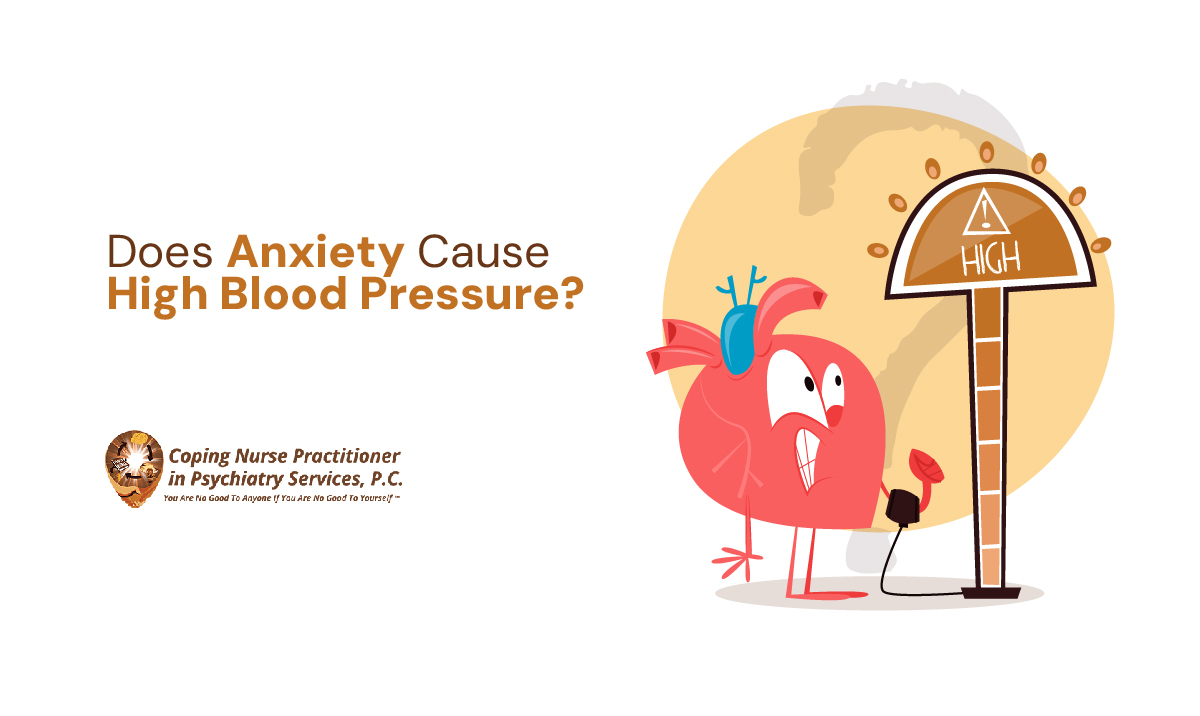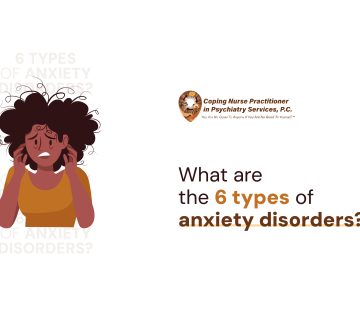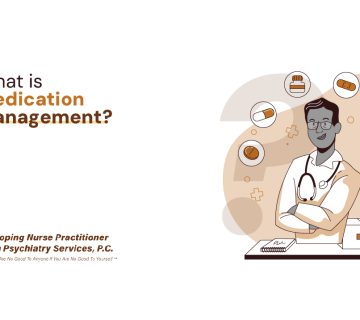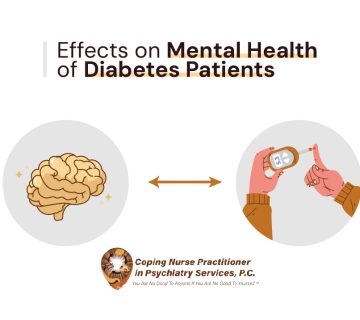Anxiety is a familiar emotion perceived as a feeling of unease, worry, or fear.
Even though it’s pretty natural to experience some anxiety in stressful situations, but chronic anxiety can become overwhelming and can cause physiological reactions.
One of the health risks associated with anxiety is high blood pressure — also known as hypertension.
But is this connection valid?
The question, ‘Does anxiety cause high blood pressure?’ calls for further reflection.
High blood pressure is a stealthy health risk — also called the silent killer — it usually has no obvious symptoms but puts people at risk of heart attack and stroke.
In this discussion, we explore the ways in which anxiety affects blood pressure, discuss the implications relating to this, and discuss ways of managing anxiety for better health.
Anxiety and Its Immediate Effects on Blood Pressure – A Short-term Spike or Long-term Issue?
Anxiety sets off a series of stress responses in the body, referred to as the “fight or flight” response.
This mechanism — deeply connected to our survival instincts — triggers a series of physiological changes as the body prepares to face a perceived threat.
The body releases adrenaline and cortisol.
So, does anxiety cause high blood pressure? Yes, the stress hormones speed up heart rate and constrict blood vessels, which temporarily raises blood pressure.
This immediate rise in blood pressure is not in itself a long-term issue, though.
Once the moment of anxiety passes, the body usually returns to its baseline state (including the blood pressure levels).
This temporary rise is a normal bodily response and shouldn’t, under normal conditions, develop into chronic hypertension.
Conversely, the regularity and persistence of these anxious episodes can become more concerning over time.
The important question is: What happens when anxiety is not a passing whim but, a constant presence in our lives today?
Addressing Subconscious Anxiety and Its Physical Manifestations
Subconscious anxiety — worry that persists behind our conscious awareness — affects our physiological state, as well as our blood pressure.
The symbolism for anxiety in one’s life can go far beyond what’s readily apparent.
The stress response can continue to manifest physically even when the mind doesn’t articulate it as anxiety.
Differentiating Anxiety-Induced Symptoms from Chronic Hypertension
In many cases, medical professionals suggest checking blood pressure at different times and under different circumstances.
The reason is to distinguish between temporary anxiety-induced spikes and chronic hypertension.
This method helps determine patterns and triggers for blood pressure elevations, separating them from subconscious anxiety or other reasons.
Managing Anxiety to Promote Healthy Blood Pressure Levels
So, given the connection between anxiety and blood pressure, what measures can people take to avoid negative health consequences?
The following methods will help you manage your anxiety.
1. Mindfulness.
Meditation, deep-breathing exercises, and yoga have been beneficial in reducing the psychological and physiological symptoms of anxiety.
These can help calm the mind and lower the intensity of stress responses, which can, in turn, help lower blood pressure.
2. Physical activity and movement.
Regular exercise is beneficial for handling anxiety.
Not only does exercise produce endorphins — which are the natural mood elevators — but it also improves cardiovascular health, which can help in regulating blood pressure.
You can choose between a brisk walk, a pilates session, or even a bike ride.
Find an activity that you like and can stick with.
3. Dietary measures.
There are some foods that are known to support lower blood pressure.
Those high in potassium, magnesium, and fiber, as well as reducing salt intake.
A balanced/healthy diet and avoiding excessive alcohol and caffeine can help.
4. Professional assistance.
A psychologist or psychiatrist can be a big help if you’re suffering from severe anxiety or stress.
A number of anxiety-reduction treatments are available, from cognitive-behavioral therapy to medication.
5. Personal lifestyle adjustments.
Simple changes in daily habits, like:
- Getting enough sleep (8-9 hours daily).
- Setting aside time for hobbies.
- Connecting with others.
With time, these lifestyle choices will lead to better health and lower blood pressure.
6. Follow-ups and regular monitoring.
Regular health checks are essential for people who have anxiety or high blood pressure.
Medication Concerns: Can You Take Xanax with High Blood Pressure Medication?
For those already managing hypertension, the question is: Are anti-anxiety medications such as Xanax compatible with hypertension drugs?
Medication management can be a tightrope walk for those grappling with both anxiety and high blood pressure.
As a response to this question, healthcare professionals highlight the importance of integrating care and consulting before combining treatments.
Xanax can interfere with the effects of blood pressure drugs, so it is important to consult a doctor for safe treatment plans.
Moving Towards A Holistic Health Viewpoint
Mental and physical health are interconnected.
High blood pressure and anxiety can be managed by recognizing their connection.
A holistic health perspective — one that includes all aspects of a person’s life, from physical to emotional and psychological well-being — is a must.
Final Thoughts
Even though anxiety can cause a temporary increase in blood pressure, its influence on thedevelopment of chronic hypertension is less clear-cut.
Nonetheless, the emotional and physical tolls of anxiety are too great to ignore, both in terms of blood pressure and overall health.
Managing anxiety is multifaceted — relieving immediate stress while also building healthy habits for mental and physical health.
Health is holistic.
To improve your health, follow a healthy way of life.
For more information, resources, and support, reach out to us or visit our website.
FAQs
Are these somatic exercises for anxiety that work?
Yes, somatic exercises like grounding techniques, focused breathing, and progressive muscle relaxation can help.
What are the 7 signs of high-functioning anxiety?
- Constant worry or overthinking.
- Perfectionism and failure anxiety.
- Difficulty with uncertainty
- Routine dependence.
- Having trouble relaxing or taking down time.
- Symptoms such as rapid heartbeat or digestive issues.
- Sleeping problems or restlessness.
Which are the best teas for anxiety?
Chamomile, lavender, and green tea are helpful in calming anxiety.
What does “my anxiety creeps inside of me” mean?
It implies that one’s anxiety is gradually increasing, sometimes subtly, until it causes great distress.
What is meant by “my anxiety is through the roof”?
“My anxiety is through the roof” is a common expression of state of extreme anxiety, when worries and fears exceed normal.





No comment